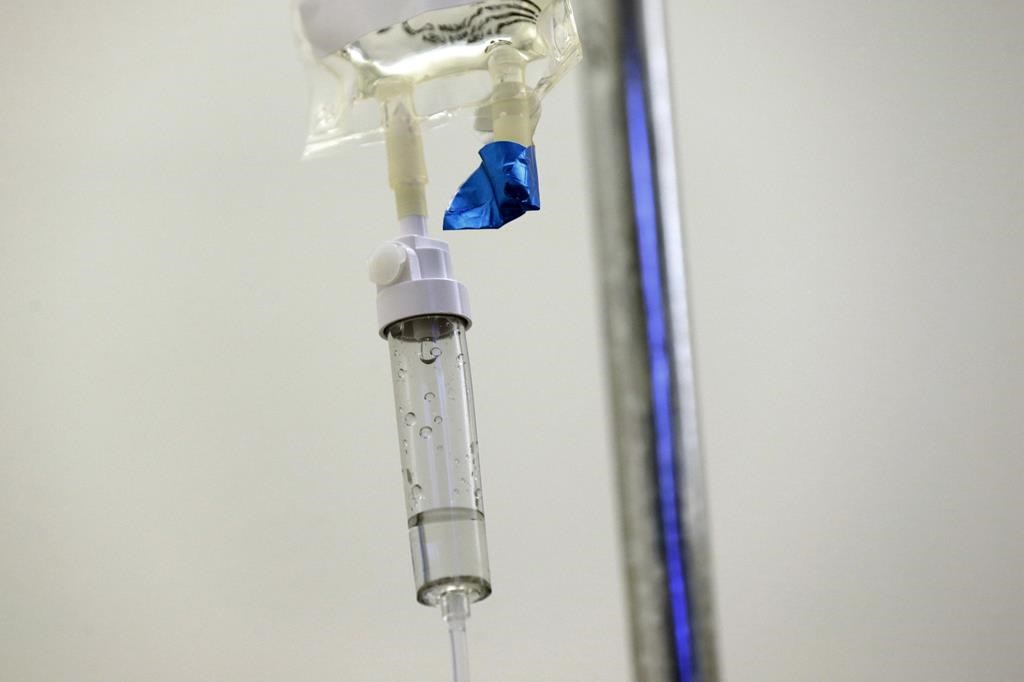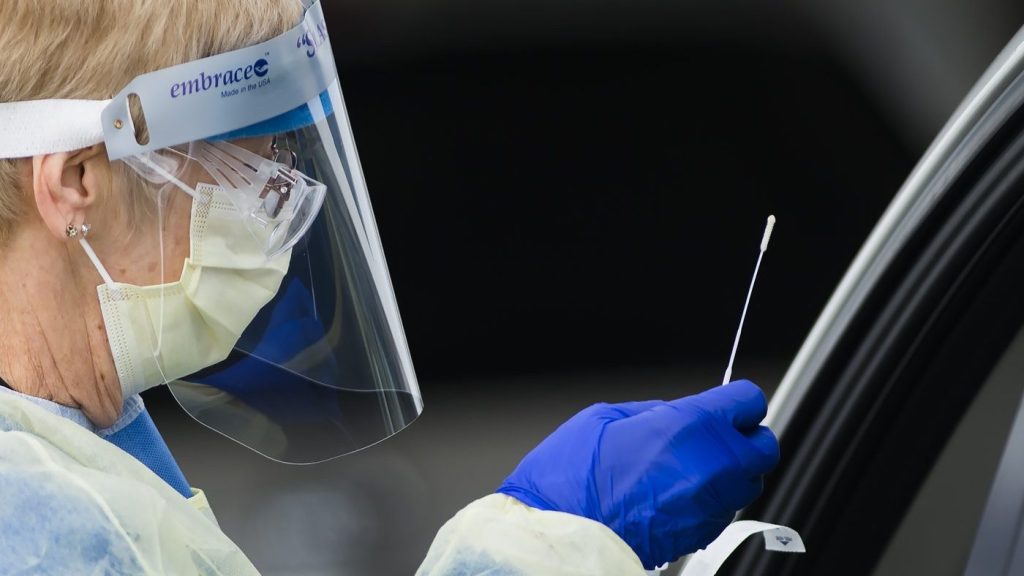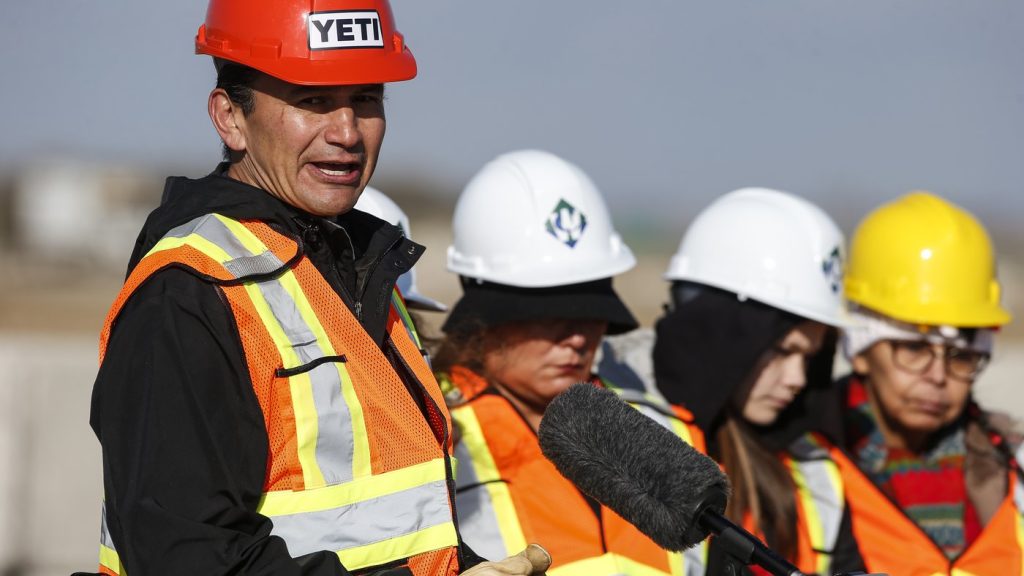World Cancer Day 2024: WHO estimates 1 in 5 people will be diagnosed with cancer

Posted February 4, 2024 3:47 pm.
Last Updated February 4, 2024 3:49 pm.
On World Cancer Day 2024, the World Health Organization (WHO) says one in five people will at some point be diagnosed with cancer.
The day, which started in 2000, is held every Feb. 4 and is meant to raise worldwide awareness and improve education while also calling on government action.
Ahead of World Cancer Day, the WHO released a report saying there will be over 35 million new cancer cases a year by 2050, a 77 per cent increase from an estimated 20 million new cases in 2022.
It says the global WHO survey on universal health coverage and cancer shows only 39 per cent of participating countries cover basic cancer management as part of their “health benefit packages” for all citizens.
Only 28 per cent of participating countries additionally covered care for people who require palliative care, including pain relief in general, and not just linked to cancer.
Dr. Freddie Bray, head of the cancer surveillance branch at the WHO International Agency for Research on Cancer, says there is an estimated 9.7 million new deaths in 2022 “with over 53 million persons alive … within five years of a cancer diagnosis.”
“Lung cancer is also the leading cause of cancer death with 1.8 million deaths and 19 per cent of the total cancer deaths. This is followed by colorectal cancer, liver cancer, breast cancer, as well as stomach cancer,” he explained to CityNews.
The WHO says countries with a high human development index (HDI) are expected to experience the “greatest absolute increase in incidence,” with an additional 4.8 million new cases predicted in 2050.
Meanwhile, countries with low HDI are estimated to see a 142 per cent increase in cases, and a medium HDI a 99 per cent increase, with mortality in these countries projected to “almost double” in 2050.
“The impact of this increase will not be felt evenly across countries of different HDI levels. Those who have the fewest resources to manage their cancer burdens will bear the brunt of the global cancer burden,” Bray said.
The Canadian Cancer Society says lung cancer is the leading cause of cancer death in both men and women, accounting for almost one-quarter of all cancer deaths.
It estimates last year there were almost 240,000 new cancer cases and nearly 87,000 cancer deaths.
The head of the Union for International Cancer Control (UICC), Dr. Cary Adams, said in a news release that despite progress in early detection of cancer, there are disparities in cancer treatment outcomes not only between different income regains globally but also within countries.
“Where someone lives should not determine whether they live,” he said.
“Tools exist to enable governments to prioritize cancer care and to ensure that everyone has access to affordable, quality services. This is not just a resource issue but a matter of political will.”
The Government of Canada says the overall risk of dying of cancer has declined since 1988 and it’s continuing to invest in cancer research, but acknowledges around 1.5 million Canadians live with cancer, and 1,500 more are diagnosed every year.
“Today, on World Cancer Day, let us commit to reducing our cancer risk and helping our loved ones do the same so we can look forward to a healthier, brighter future, no matter where we live,” said Minister of Health Mark Holland.
The Canadian Institutes of Health Research joined G7 Cancer, an international initiative on cancer research, as a founding member in May 2023.
France, Germany, Japan, the United Kingdom, Australia, and the United States are among the members.








